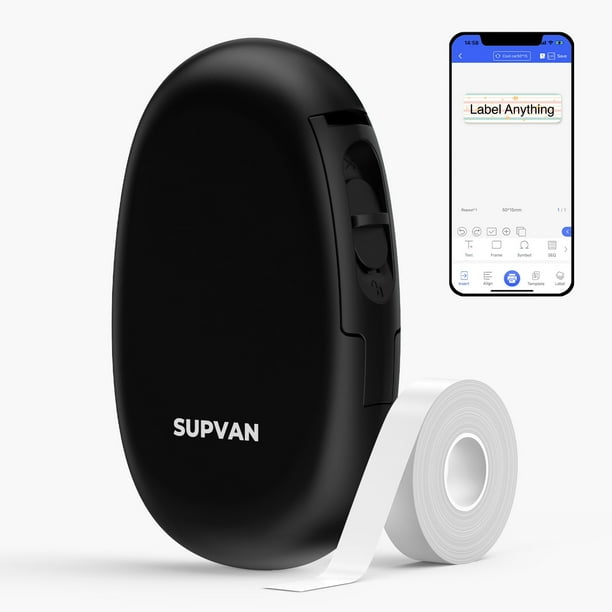Cyber threats have never been more prevalent. Fortunately, securing your remote office data is not too complicated of a process. All of the recommended security methods on this list are accessible, easy to learn, and either free or well worth the cost.
Continuously Backup Sensitive Data
Computers are replaceable, but sensitive data is not. Making backups of the important work you do is one of the simplest and most effective ways to protect your data.
In the event of someone poaching sensitive information from your computer, you’ll need access to backup information that helps you quickly rebuild your networks. One of the safest ways to back up your data is to save it onto an external hard drive or memory stick, but uploading to a cloud is also effective.
Physical media like memory sticks and hard drives are safer data destinations than a cloud, but clouds are much harder to lose than external storage units.
Secure Your Wi-Fi Router
The router is an integral part of your home office network, and it shouldn’t be overlooked as a gateway for potential cyber threats to invade. If cyber hackers can access your router, they can access all of the devices it connects to via the internet.
Performing regular hygiene checks on your router’s settings is one way to protect this from happening. To do this, make sure that your password is durable, and if not, find a new one that is altogether unique, strong, and memorable only to yourself.
Regularly Update Your Antivirus
If you don’t have strong, updated antivirus software, online hackers and keyloggers can gain access your network with ease. There are many competent antivirus software sources available online, and anyone who wants to protect their data from prying eyes should absolutely invest in them.

Without a strong firewall or virus blocker installed, you risk private information being leaked out by strangers or even become a victim of intellectual property theft. Don’t wait until it’s too late, install a reputable antivirus that shields your computer from unwelcome attention.
Minimize Use Of Smart Home Gadgets
If you’re tempted to introduce Alexa to your home or enjoy having your lightbulbs controlled by an app – think again. These smart home gadgets and technologies might seem fun, but they are known to possess major security defects that put your private data at risk.
Cyber hackers can use the flaws embedded in smart home gadgets to gain access into your private networks, allowing them to dispense malware once inside.
Protect Your Connection With A VPN
VPN stands for Virtual Private Network – which is exactly what you need to protect your devices from cyber criminals, whether you’re working or using casino cryptocurrency for real money games. A VPN works by encrypting your connection, making it much harder for digital outsiders to get inside.
Through encrypting your connection, all of the data transferred via that connection is subsequently encrypted too. It even has the ability to encrypt unprotected data packets such as HTTP (Hyper Text Transfer Protocol), keeping everything safe in one secure place.
VPNs are like the bread and butter of cyber security. They are easy to set up, require minimal tech knowledge, and cover an extremely broad variety of common data leakage points.
Educate Yourself About Cyberattacks
Knowledge is power, especially when it comes to the complex world of cyberattacks and security. If you equip yourself with basic knowledge of common cyberattack styles and methodologies, it will be much easier to protect your computer’s sensitive data.
In 2022, the most common forms of cybercrime include phishing, malware, Man-in-the-Middle (MitM) attacks, Denial-of-Service (DOS) attacks, SQL injections, and Zero-Day Exploit.
If some of these cybercrime types sound unfamiliar, you aren’t alone. But learning about these different cyberattack methods can empower you to protect yourself and others from becoming their next target.


